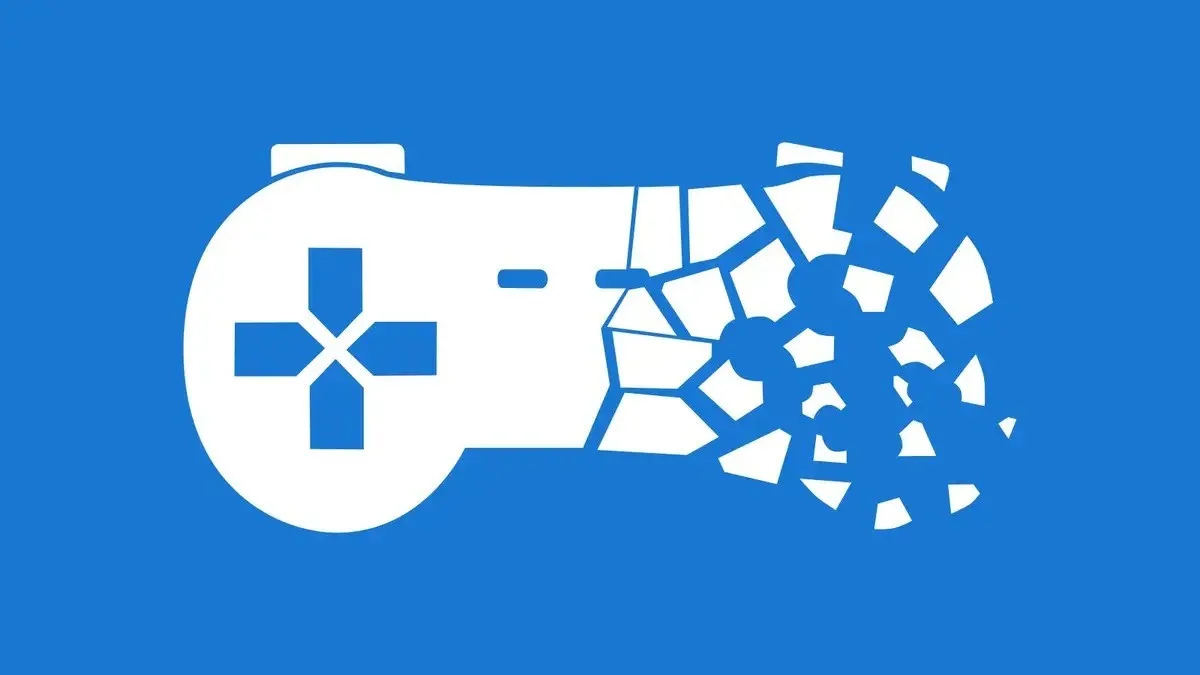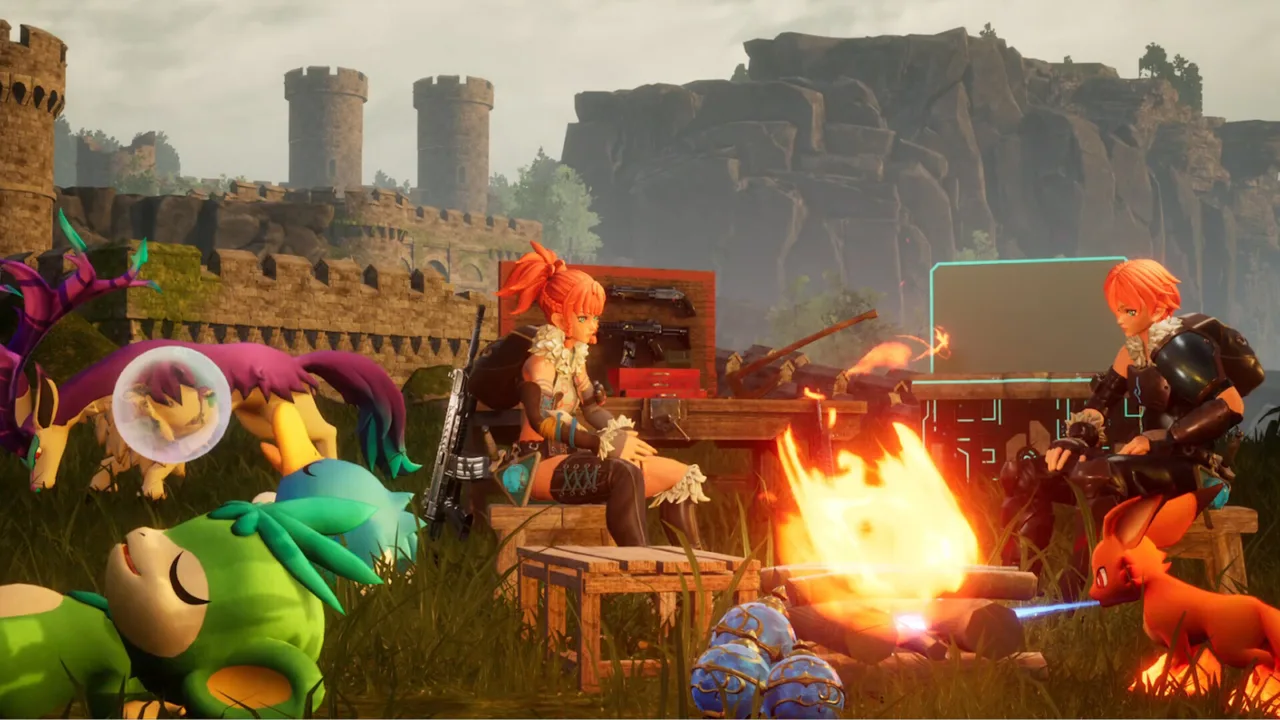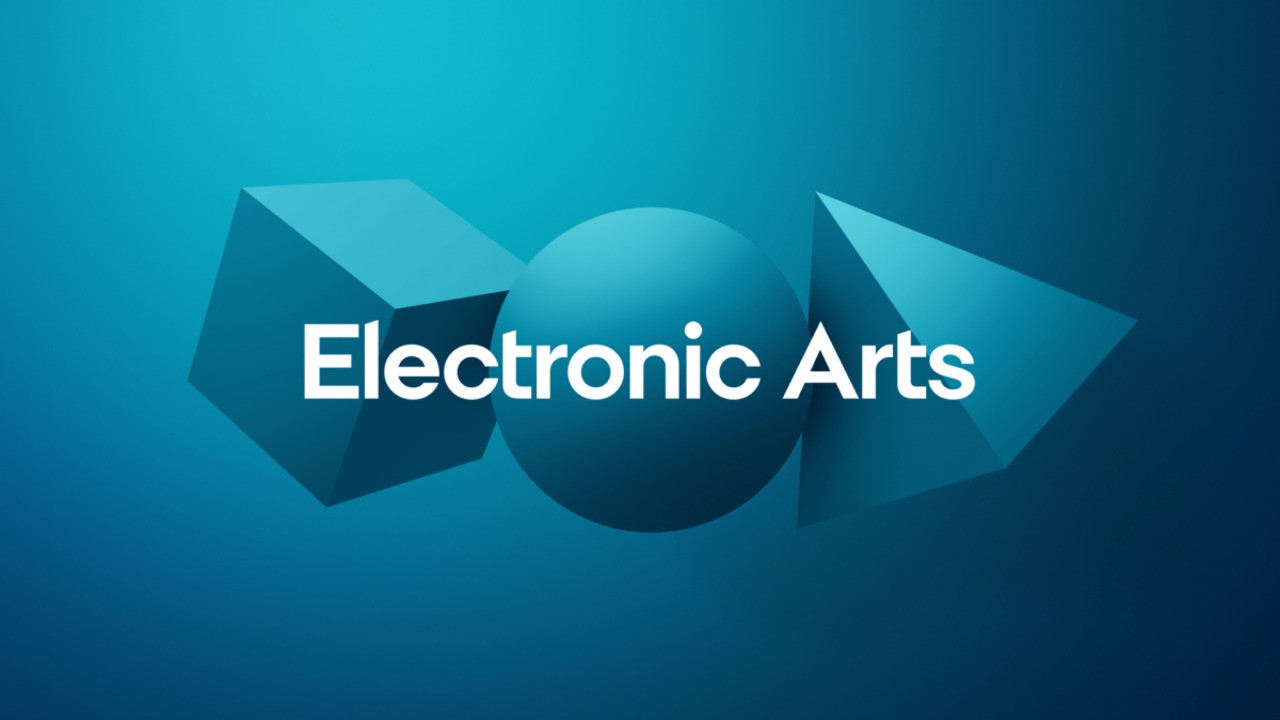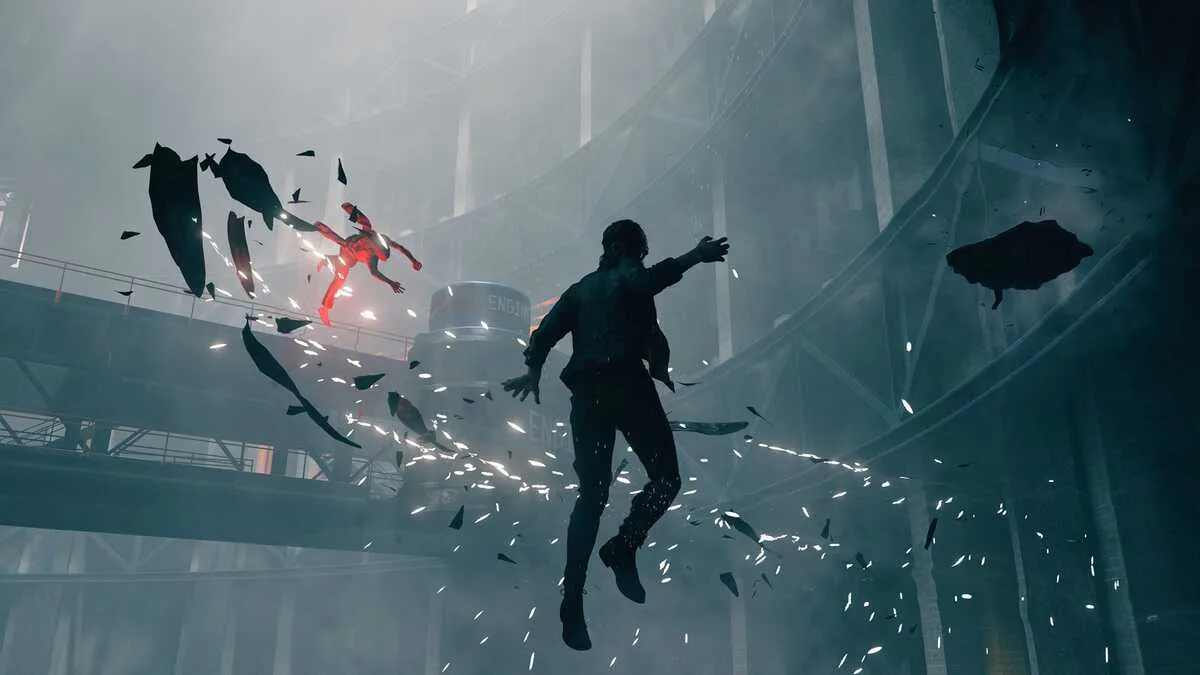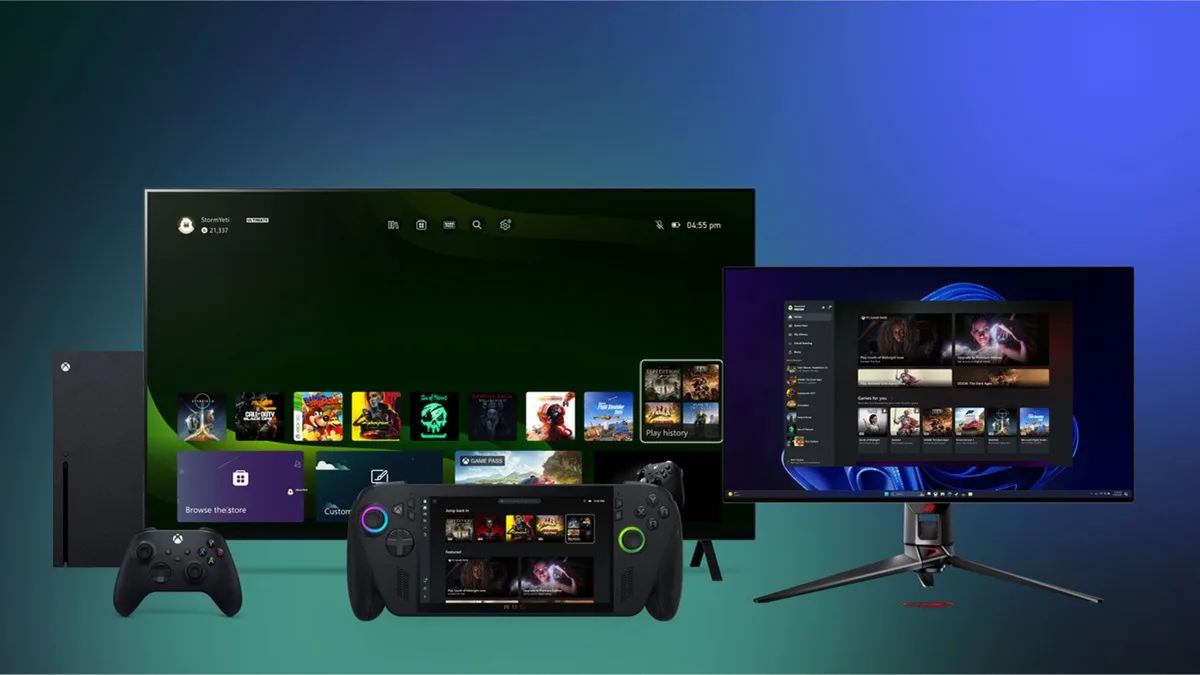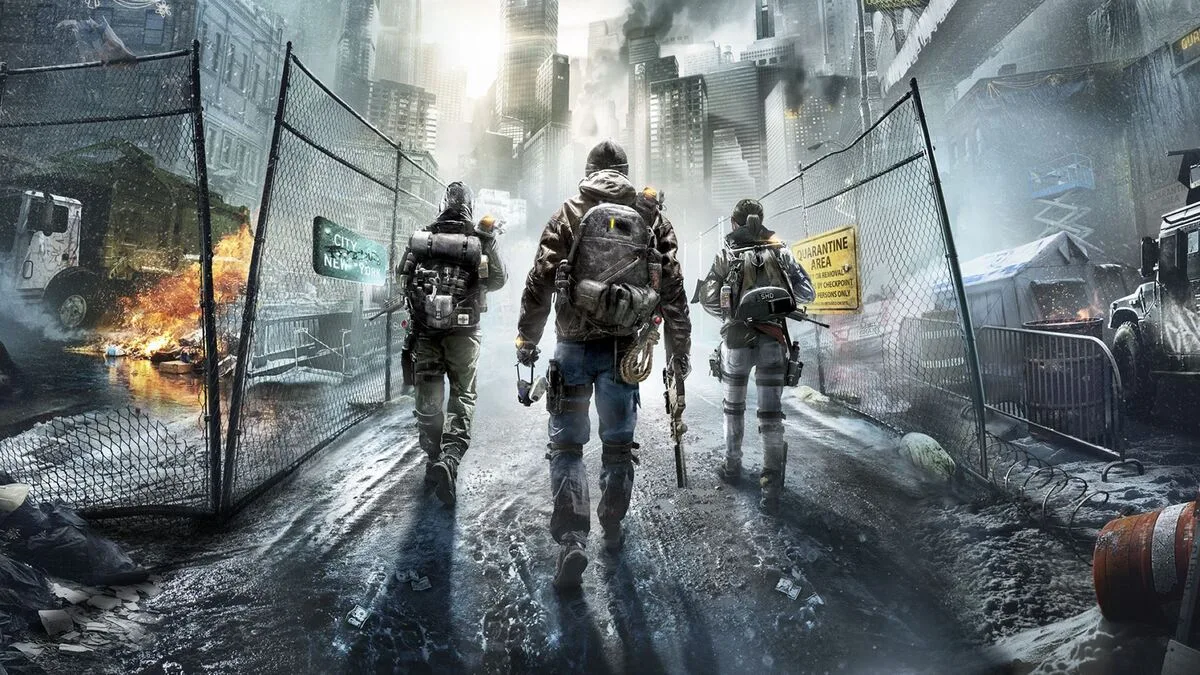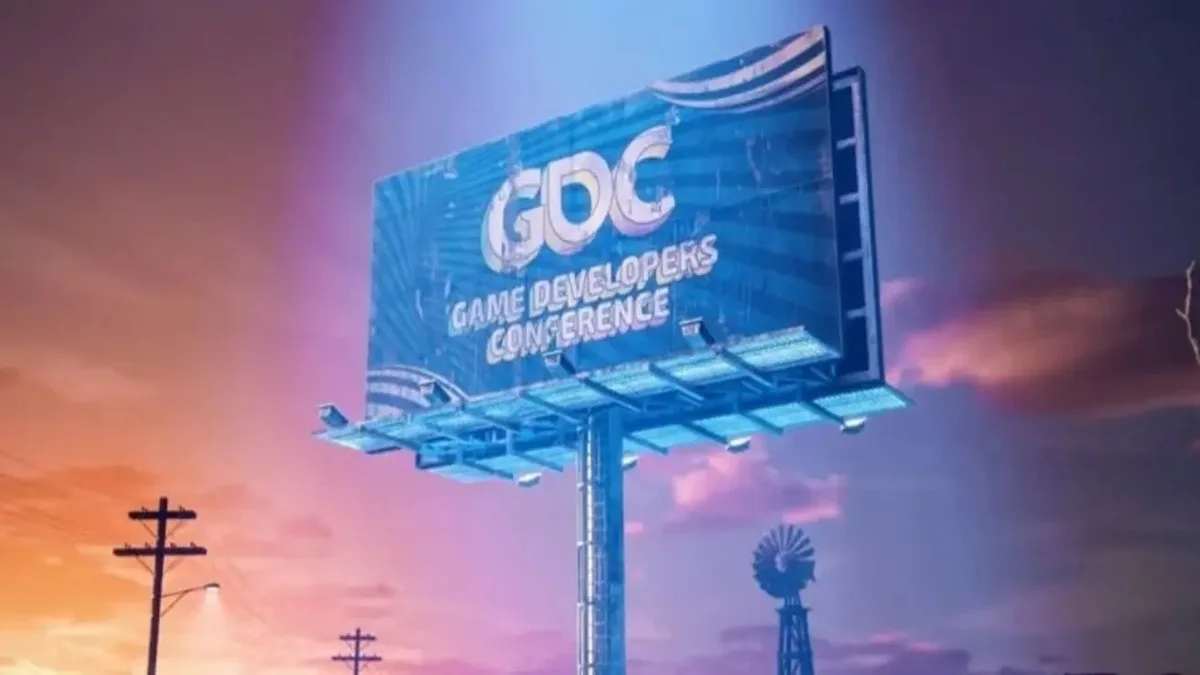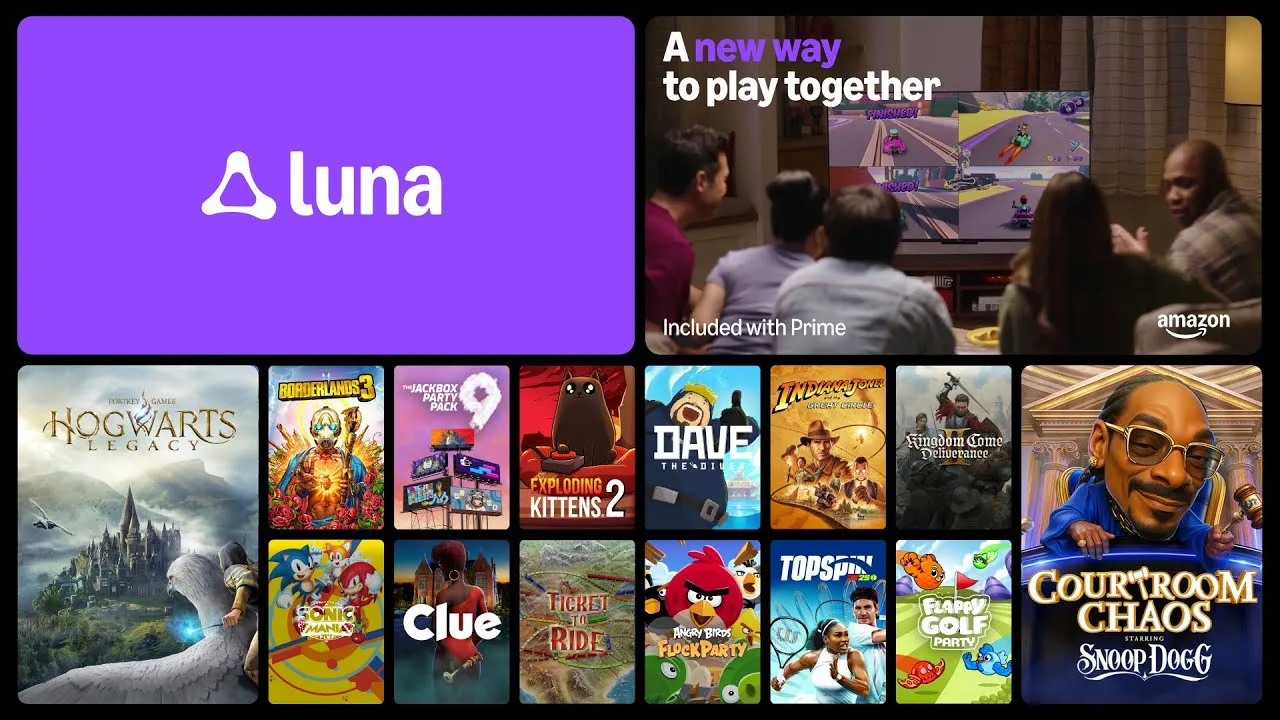
Q1 2026 has Capcom on a good start for Fiscal Year 2026
Capcom’s first half of fiscal year 2025 delivered strong results, with sales and profits rising year-over-year thanks to the momentum of Monster Hunter Wilds and anticipation for Resident Evil Requiem. In yen terms, revenue and… Q1 2026 has Capcom on a good start for Fiscal Year 2026

